MOVIE REVIEW – A sequel to The Exam, this spy thriller still set in the early Kádár era sees the previous film’s protagonists in a different but similarly desperate and ruthless struggle for dominance and vengeance. Made on a much larger budget, the film follows the story structure of classic ‘suspense’ spy films, with a script by Norbert Köbli that is steady-handed – though the story is perhaps a little too safe.
More than ten years have passed since Péter Bergendy‘s The Exam (Bergendy recently made a very well-done Hungarian horror film), which is still one of the best Hungarian spy thrillers, and from an era when Hungarian cinema in this genre was still struggling.
Six years later
The Game is a sequel to this film, set six years later. Former legendary state security spy Paul Markó (János Kulka) has since been “retired” (or instead fired and pushed aside), thanks in part to András Jung (Zsolt Nagy), who was Markó’s mentor. Both Jung and his wife, Éva (Gabriella Hámori), have since worked for state security and, thanks to the events of The Exam, have enjoyed a fine career while serving “the working people and socialism”.
We are, therefore, in the early 1960s, when the bloody memory of the post-’56 repression has somewhat faded and we are at the beginning of the ‘soft dictatorship’ era. Of course, the state security organisation has not changed: they are still as paranoid as ever about tracking down the regime’s enemies and ensuring their people’s unconditional loyalty to the party through internal examinations, tests and games. Of course, this still includes a lot of complex career building and trampling on each other. The ÁVH officers use these means to try to push their colleagues aside: Emil Kulcsár (Péter Scherer) and Jung, known from the previous film, for example, are after the same promotion as Jung and are not indiscriminate when it comes to their career building.
Meanwhile, the legendary spy Pál Markó (János Kulka) emerges from the past in a cold case, turn after turn, and a ruthless duel begins, where nothing and no one is what they seem, “and a single human gesture can cost the lives of our heroes”, according to the film’s press kit.
A screenplay built on Kulka
The Exam was a great film, but an interesting question: was this sequel necessary? Bergendy’s film was a well-rounded whole, and the character of András Jung was not so remarkable in itself that he could be made into some kind of Hungarian James Bond of the Kádár era, with further sequels spanning his career. Although he is again the protagonist of The Game (and more so than of The Exam), the film’s story is really based on the character of János Kulka. So much so that the screenwriter Norbert Köbli said that if Kulka had not taken the role, he would not have written the script.
There is also a personal drama to this. János Kulka has since suffered a stroke from which he has had great difficulty recovering and, showing symptoms of classic aphasia, has severe problems with speech. One of the genius moves of the film is to incorporate this stroke into the story: right at the beginning of The Game, we learn that Kulka’s character Pál Markó also had a stroke shortly after his wife died. Accordingly, during the film’s dialogue, Kulka is given only very short sentences, often one or two words, which is both fitting for the actor’s current condition and a great opportunity to show that he is still one of the top Hungarian actors. This real-life dramatic condition, which is linked to Kulka’s own life, gives the film a significant edge, and it is to Kulka’s credit that he has woven it into the story.
Femme fatale, romance, sex, personal drama and spy games
I needed Kulka in this film because without him. We would have had a relatively safe, somewhat clichéd film, with elements of classic suspense and romantic and erotic spy thriller, and also a family drama. The film’s other protagonist is Abigél, a young girl from the countryside who, thanks to the ÁVH, moves to Budapest to live with Markó and, at Jung’s request, observes the retired, elderly spy while writing reports on him – in other words, she becomes a snitch. ) We can immediately associate it with The Informant series, which is no coincidence, as the director Péter Fazakas consciously tried to “seduce” the audience of the highly successful Hungarian HBO series to a somewhat similar film.
However, the “snitch” story part of The Game is less twisty and more predictable than The Informant (although it could have been more twisted due to the series format) and strongly reminiscent of American romantic spy thrillers such as the recently completed All the Old Knives https://thegeek.games/2022/04/18/all-the-old-knives-psychological-thriller/. So the Kulka thread (and Kulka’s excellent performance) helps a lot to make The Game not so much a formulaic, classic romantic spy story in which the aforementioned American film is more at home.
Ah, the sixties!
Strangled (A martfűi rém) was a real “gut-wrenching” serial killer thriller movie, where the harsher realism was more suited, but The Game’s more neon-lit, more spectacular visual world is more fitting to this story. The other interesting aspect of The Game is the Hungary of the 1960s, whose extremely impressive portrayal is another of the film’s great strengths. The authenticity of the portrayal of ‘goulash communism’ is debatable. Still, thanks to the larger budget The Game is much more spectacular than The Exam, and I think this is a great advantage for this genre and this film. Overall, I was also pleased with the vision in Fazakas’ film.
Traditional spy thriller with an interesting period and a great János Kulka
The Game is a solid Hungarian spy thriller with classic elements of the genre and somewhat predictable twists and turns. However, János Kulka’s outstanding performance and the personal drama woven into the film’s story are just enough to make it stand out from its peers. And the early 1960s Kádár era is an exciting time to see this film in the cinema.
-BadSector-
The Game
Direction - 7.8
Actors - 8.2
Story - 7.3
Visuals/Music/Sounds - 8.2
Ambience - 7.5
7.8
GOOD
The Game is a solid Hungarian spy thriller with classic elements of the genre and somewhat predictable twists and turns. However, János Kulka's outstanding performance and the personal drama woven into the film's story are just enough to make it stand out from its peers. And the early 1960s Kádár era is an exciting time to see this film in the cinema.

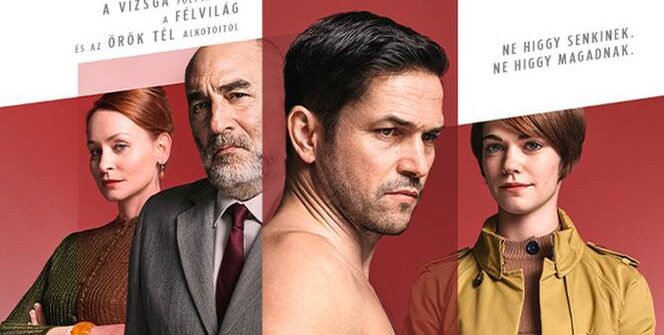
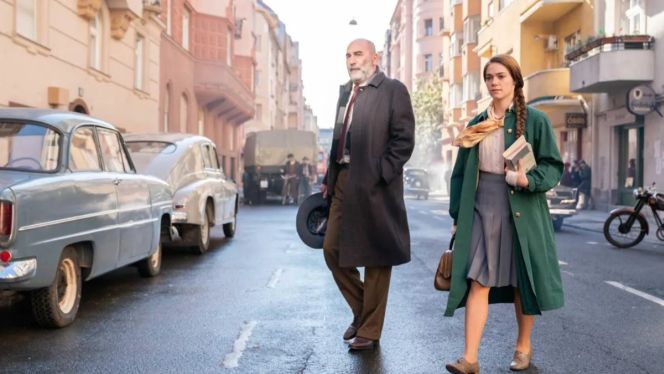

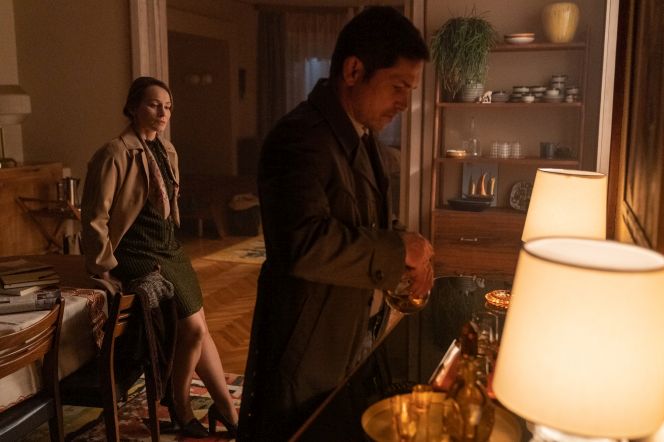
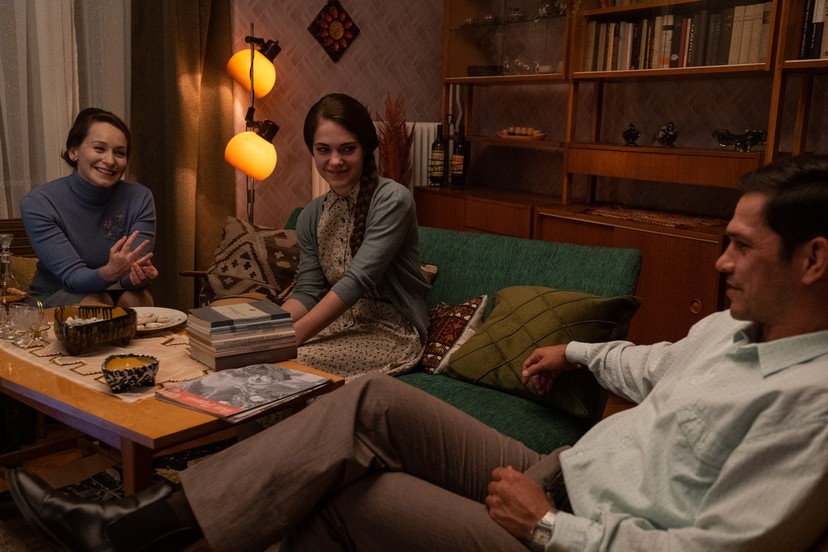







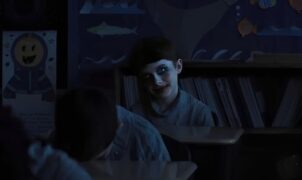






Leave a Reply